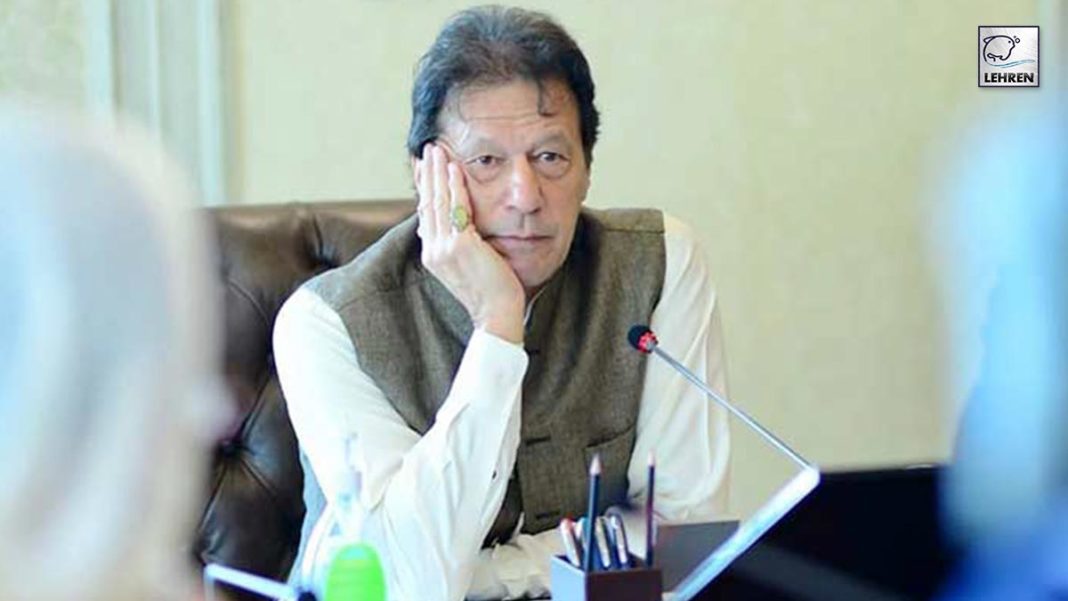Pakistan Prime Minister Imran Khan is facing a mounting challenge to his leadership. The new verdict could find his problems getting far more complicated. Later this year the Financial Action Task Force (FATF) will take a hard look at Pakistan’s track record to stop terror.
The global anti-terror financing watchdog will likely conclude that Islamabad should be kept in the grey list with a new set of compliances. This is based on the October 2019 mutual evaluation report (MEP).
The mutual evaluation report is done on member countries after every eight years.
According to diplomats based in Paris and counter-terror experts, the FATF plenary, which is going to hold its virtual meeting on 21-23 October, is likely to prepare a new action plan for Pakistan based on the October 2019 MEP and add points not compiled by Islamabad for the previous 27-point action plan.
The facts are that that Pakistan based terror groups such as Jaish-e-Mohammed (JeM) and Lashkar-e-Tayyiba (LeT) are constantly targeting innocent civilians and security forces in the union territory of Jammu and Kashmir.
Also Read: Mild COVID-19 Infections Can Also Leave People Sick For Months
JeM’s Kasim Jan, one of the key accused in the 2016 Pathankot airbase attack, is still the principal handler of terror attacks in Jammu and Kashmir with sleeper cells all over India.
LeT’s co-founder Hafiz Saeed’s son Talha is active in planning and executing terror action against India with impunity.
Islamabad though routinely blames India for politicising FATF.
Pakistan watchers believe that Prime Minister Imran Khan may try to use his influence on Taliban and Haqqani Network to negotiate for a ceasefire in Afghanistan. This may buy him some relief at the FATF.
However, this is easier said than done since the FATF’ evaluation report 2019 says that Pakistan faces significant money laundering and terror financing risks.
“A number of terrorist outfits, including UN-listed groups, operate in Pakistan all of which raise funds through a variety of means including direct support, public fundraising, abuse of non-profitable organisations, and through criminal activities. Funds are moved through formal and informal (mainly hawala or hundis) channels.”
“At the time of the last evaluation, there were 66 organisations and approximately 7,600 individuals proscribed under UNSC resolution 1373, which was passed to prevent and suppress financing of terror acts post 9/11 attacks,” the report stated.
The downside of Pakistan remaining in the grey list means that much needed loans for reviving a comatose economy will be very hard to come by and PM Imran Khan’s problems will be further accentuated by a united opposition, which is no longer afraid of the all powerful Pakistan Army.
Meanwhile the US President Donald Trump has announced that US troops will return from Afghanistan before Christmas this year.

